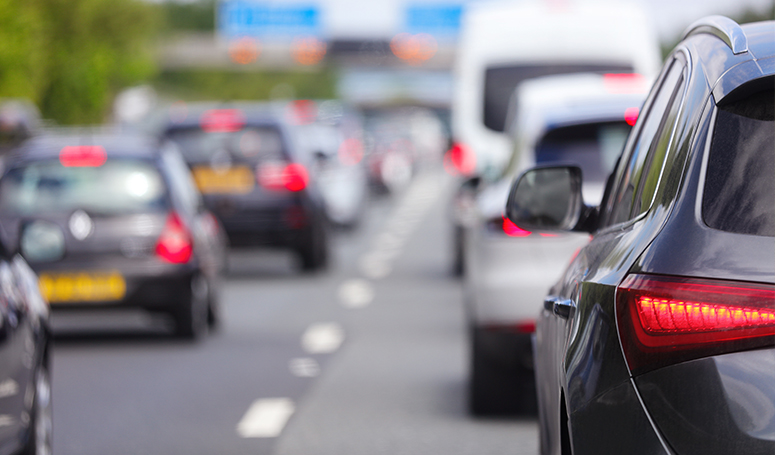14th November, 2022
Everyone deserves to feel safe on the roads, and as the winter weather draws in across the UK, it’s more important than ever to ensure that you’re driving responsibly.
In 2021, there were over 130,000 road casualties across the UK, of which approximately 1,608 sadly resulted in fatalities.
So, as this week is road safety charity Brake’s biggest campaign, Road Safety Week*, we thought we’d share some crucial tips on how to stay safe on the roads and why it’s so important.
It’s a limit not a target
Travelling too fast or exceeding the speed limit was found to be a contributing factor of approximately 25% of fatalities in 2021.
It’s important to remember that just because there’s a speed limit on the road doesn’t mean this will always be the right speed travel at - assess your surroundings and the hazards around you to determine a safe speed for yourself.
Don’t forget to look out for temporary limits on the road, such as around roadworks or during school hours.
Also, your braking distance increases at higher speeds, so maintain a safe gap between your vehicle and the one in front to ensure that you have enough time to come to a stop.
The road requires your undivided attention
Many people make the unfortunate mistake of believing that they’re able to multi-task whilst driving, but doing so puts yourself and others in serious danger. The biggest culprit of this is using a phone or other device whilst driving, which, according to Brake, makes you four times more likely to be involved in a crash.
As if that isn’t enough of a deterrent, if you’re caught holding and using any device then you’ll receive six penalty points and a £200 fine. If you passed your test within two years, then you’ll lose your licence completely.
Did you get enough sleep?
Make sure that you’re well rested before starting a journey, as driving when you’re tired has been shown to reduce attention and awareness, as well as reaction time.
This is especially true when embarking on long journeys along motorways or dual-carriageways, where most sleep-related collisions occur as a result of not only tiredness, but also the monotonous roads and lack of driver stimulation.
Give your vehicle some TLC
How long has it been since you checked the quality of your vehicle? Regularly making sure that things like your brakes, tyre pressure and oil are at a safe level will help to prevent your vehicle from breaking down whilst on the road.
For helpful tips on how to check your tyre pressure, read our blog post about it here.
Speaking of breaking down…
Do you know what to do if it happens? Not only should you know how to report a breakdown, you also need to know what to do with yourself and your vehicle in that moment.
When you break down, you should immediately put your hazards on and get your vehicle to a safe place as soon as possible. If you break down on the motorway, indicate left until you’re able to either exit the motorway or pull onto the hard shoulder, then exit the vehicle as soon as possible and get behind a safety barrier – always keep well away from moving traffic.
If you can’t exit your vehicle or you’ve come to a stop in a lane of live traffic and feel that your life is in danger, ensure that your seatbelt and hazard lights are on and call 999 immediately.
It goes without saying that one of the biggest ways to ensure road safety is to assess the situation and use your common sense. With that alongside these tips provided, we can all keep ourselves and others safe on the roads.
Written by: Shannan Errington
*By clicking this link, you will be directed away from our website.
*Please note that the above information has been gathered through secondary research. The information provided is not based on our opinion. You should seek further guidance and information before making an informed decision.
Sources:
https://www.brake.org.uk/get-involved/take-action/mybrake/knowledge-centre/uk-road-safety
https://www.rac.co.uk/drive/advice/learning-to-drive/stopping-distances/
https://www.gov.uk/government/statistics/reported-road-casualties-great-britain-road-user-risk-2021/reported-road-casualties-great-britain-road-user-risk-2021-data

